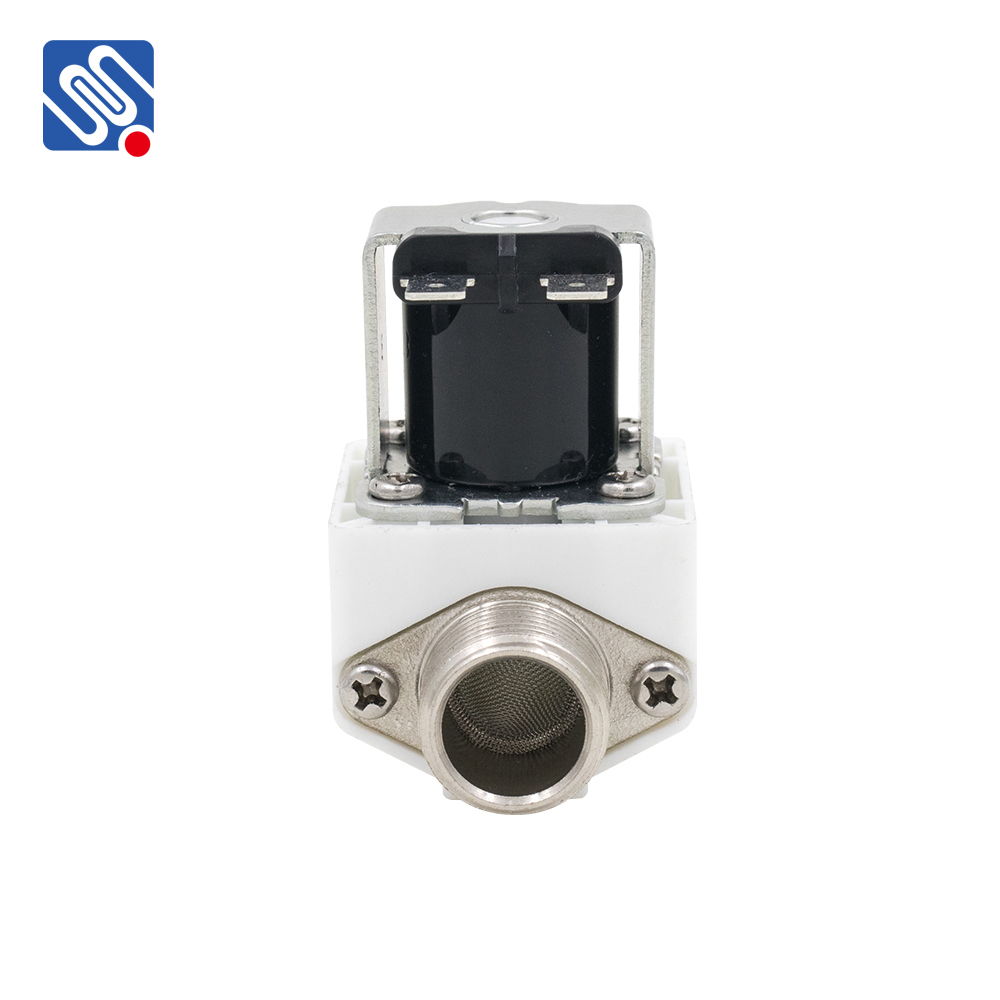food grade solenoid valve: ensuring hygiene and efficiency in food processing
Release time:2025-10-20 23:34:36
In food processing and beverage production, maintaining the highest standards of hygiene and safety is crucial. A food-grade solenoid valve plays an essential role in achieving these goals by regulating the flow of liquids and gases in various stages of production. These valves are specially designed to meet stringent food safety regulations, ensuring that no contaminants come into contact with the products being processed. This article explores the features, applications, and benefits of food-grade solenoid valves, shedding light on why they are indispensable in the food industry.

What is a Food Grade Solenoid Valve? A food-grade solenoid valve is an electrically operated valve used to control the flow of liquids, gases, or steam in food processing systems. These valves are crafted from high-quality, corrosion-resistant materials such as stainless steel, ensuring that they meet strict hygiene standards. Food-grade solenoid valves are typically used in applications where the flow needs to be automatically controlled based on electrical signals, allowing for precise flow regulation in real-time. Unlike regular solenoid valves, food-grade solenoid valves must comply with specific standards set by regulatory bodies such as the U.S. Food and Drug Administration (FDA) and the European Union (EU). This means they are constructed from materials that are not only resistant to corrosion but also safe for contact with food and beverages. Furthermore, these valves are designed to be easy to clean, minimizing the risk of contamination and microbial growth.

